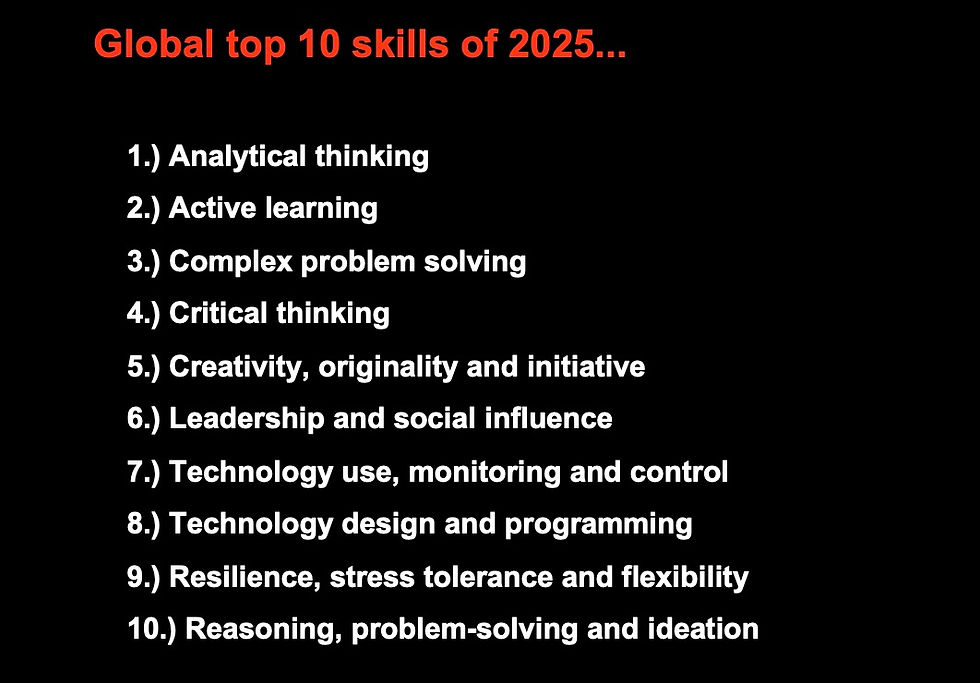Thinking of Creative UK
- bishenhua0304
- Feb 15, 2024
- 2 min read
Updated: Mar 21, 2024

In this talk, Chris introduced us to Creative UK as an organization that connects the creative sector and speaks with one voice, helping to bring investment and industry expertise, helping creative businesses to grow and equipping communities with the skills and knowledge to thrive in the industry is the only organization in the UK that represents all sub-sectors of the industry, all regions and countries, supporting the industry to speak with a unified voice. It is independent of the government.

When we talk about the Creative Industries, we are talking about 9 (12) different creative sub-sectors DCMS. These are generally defined as activities that generation and commercialization of creativity, ideas, knowledge, and info.
Through the lecture, I gained a clear understanding of the importance of the UK's creative sector to its people and economy from all sides. The creative industries are a large economy, contributing more than £115 billion to the UK economy every year, for every £1 the UK Creative Industries contribute directly, a further 50p is generated in the wider economy. This makes up 9% of total UK GVA (Gross Value Added). 1/4 of professional services and 61% of information and communications services are dependent on the Creative Industries.The creative industries also have a lot of room for growth.

Also, the creative industries are full of opportunities and risks,AI and Creative Technologies,Skill shortages,Lack of career awareness,Lack of workforce diversity,And so on, these are all risks that we need to face.
At present, the industry and technology are changing rapidly, so creativity is irreplaceable at the heart of this industry. The focus of the fashion industry includes fashion, artificial intelligence, and innovative technologies. In the face of these industries, we should actively improve our technology, and the most impressive thing for me is the top 10 global skills for 2025 proposed by the lecture, critical thinking and problem-solving skills are one of the skills that employers believe will continue to excel in the coming years, and creativity, ingenuity and initiative are also ranked fifth. Also note that new to this list are self-management skills such as active learning, resilience, stress tolerance, and flexibility.
Creative thinking is essential for us humans when it comes to using AI tools, which has led to my future career development and self-planning.

I need to think about what kind of skills and creativity I have in order to be in an irreplaceable position in the industry, I need to be sensitive to the needs and development opportunities in the industry, and always improve my creativity and motivation, rather than doing some mechanical work, I am impressed, Chris proposed blurring of disciplinary boundaries as traditional sectors e.g. fashion, retail are fused with technological advancements and health to create innovative new products, materials. IP rich products can attract investment and grow. And smart clothing: Increase sleep quality, improve muscle recovery, track fitness level without the need for a Fitbit, traditional wearable fitness devices. Rapid advancements in technological breakthroughs.
At the same time, he brought us a lot of brand cases, including the development of fast fashion and the development of outdoor brands after the epidemic, which attracted me very much, so I also read relevant information outside of class. The impression after reading is in another article on the list.









Comments